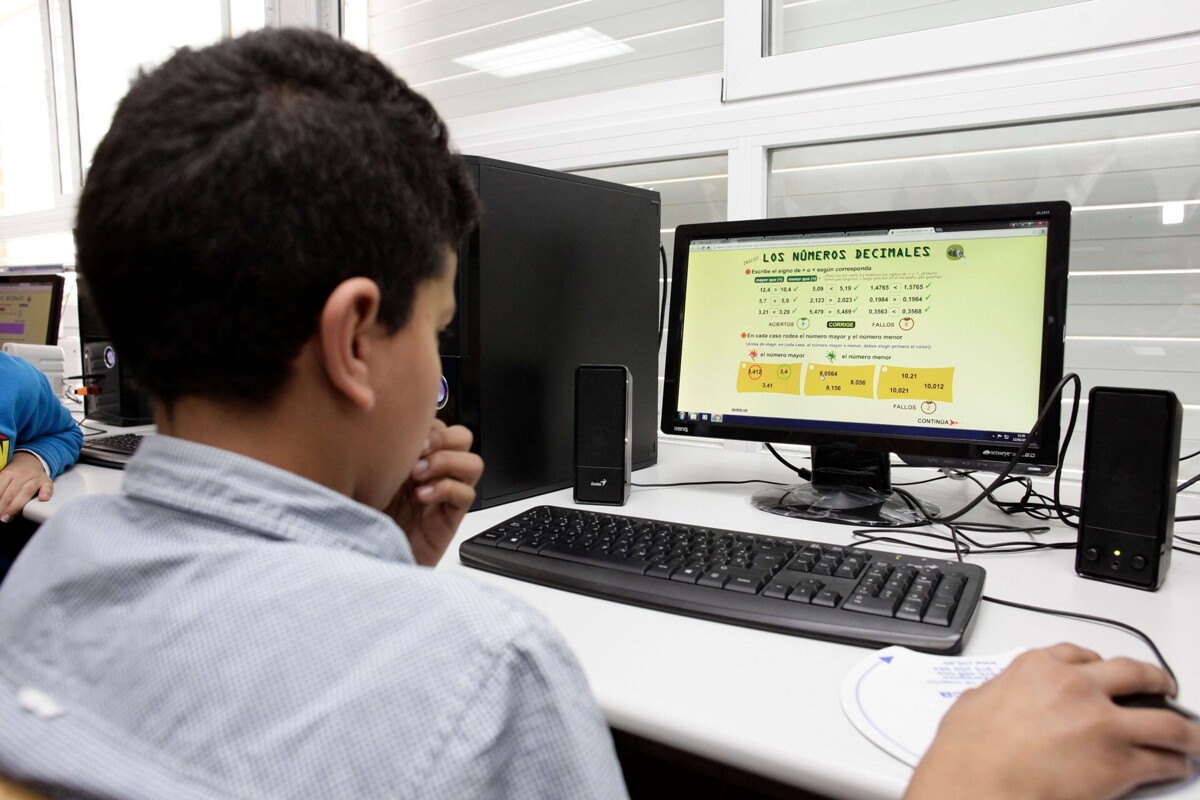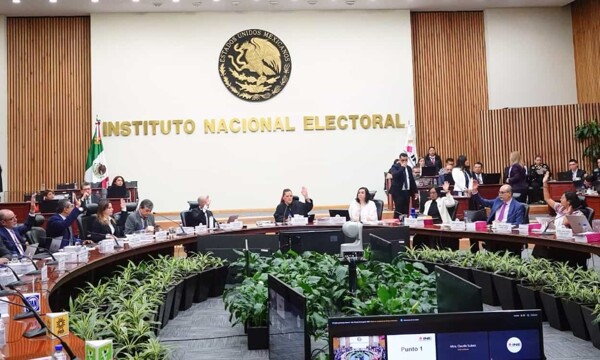
The organization Mexicanos Primero has made a call to legislators to increase by 167,024 million pesos the resources directed at improving technological equipment and internet access in educational institutions in Mexico. An analysis reveals that less than half of the schools have computers and only about 29.3% have internet access for educational purposes. The situation is especially critical in indigenous and community schools, which face serious technological delays.
Mexicanos Primero estimates that 148,803 million pesos are needed to equip schools with media classrooms that currently lack technology, in addition to 16,896 million to provide computers or tablets. The organization emphasizes the importance of renewing tablets and computers every five years and points out that this calculation does not include preschool and primary school facilities, which also lack basic services such as electricity.
To address this problem, it is estimated that an annual investment of 947.4 million pesos is required for internet service, as well as a one-time investment of 377.5 million to provide satellite equipment in rural communities, ensuring that technology reaches the most remote areas of the country. These figures are based on costs published by the National Institute of Educational Physical Infrastructure in November 2017, adjusted for inflation accumulated by February 2024.
The lack of internet access and computer equipment in public schools in Mexico is concerning, as 70% of these educational centers do not have internet access, and half lack classrooms equipped with computers for pedagogical use. This translates to more than 100,000 schools not having computing devices and more than 145,000 lacking internet service.
Basic equipment for a media classroom includes furniture and essential equipment, with an average cost of around 5,000 pesos per computer or tablet. Mexicanos Primero highlights that technology offers valuable pedagogical opportunities for students and teachers, allowing them to access educational resources, collaborate on innovative projects, and develop essential digital skills for their future.














